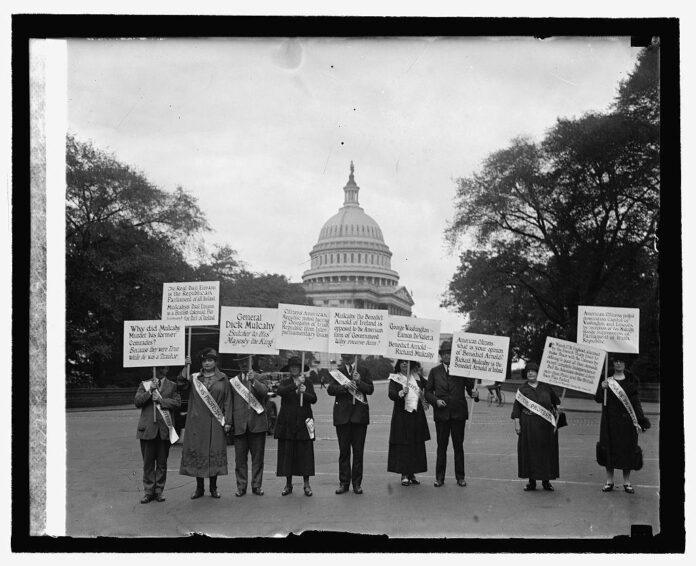
Recognizing the Early Symptoms of Lung Cancer: What You Need to Know
Lung cancer is one of the most common and deadliest forms of cancer worldwide. According to the American Cancer Society, lung cancer is the leading cause of cancer deaths in both men and women, accounting for more deaths than colon, breast, and prostate cancer combined. The key to improving survival rates for lung cancer is early detection and treatment. Therefore, it is crucial to recognize the early symptoms of lung cancer in order to seek prompt medical attention.
In this article, we will discuss the early symptoms of lung cancer that you need to be aware of. It’s important to note that the symptoms of lung cancer can vary from person to person, and some individuals may not experience any symptoms at all. However, being aware of the potential warning signs can help in early detection and improve the chances of successful treatment.
Persistent Cough
One of the most common early symptoms of lung cancer is a persistent cough that doesn’t go away or gets worse over time. This cough may be dry or produce mucus, and it may be accompanied by blood. If you have had a persistent cough for more than a few weeks, it is important to see your doctor for further evaluation.
Shortness of Breath
Feeling short of breath or experiencing difficulty breathing is another early symptom of lung cancer. This can occur even with mild activities, such as climbing stairs or walking short distances. Shortness of breath may be a sign that a tumor is obstructing the airways or putting pressure on the lungs.
Chest Pain
Chest pain that is persistent and doesn’t go away with medication or rest can be a sign of lung cancer. The pain may be dull and aching or sharp and stabbing. It may be located in the chest, back, or shoulders. If you are experiencing unexplained chest pain, it is important to seek medical attention to rule out any serious underlying conditions.
Hoarseness
Hoarseness or a change in your voice that persists for more than a few weeks may be a symptom of lung cancer. This can occur if a tumor is pressing on the recurrent laryngeal nerve, which controls the vocal cords. If you notice any changes in your voice, it is important to see your doctor for further evaluation.
Unexplained Weight Loss
Unexplained weight loss is a common symptom of many types of cancer, including lung cancer. If you are losing weight without trying, and you have not made any changes to your diet or exercise routine, it is important to see your doctor for an evaluation. Unexplained weight loss can be a sign that the body is using energy to fight off an underlying illness, such as cancer.
Fatigue
Feeling tired and run down is a common symptom that can be caused by many different factors, including lung cancer. If you are experiencing extreme fatigue that doesn’t improve with rest, it is important to see your doctor. Fatigue can be a sign that your body is fighting off an illness or that cancer is affecting your body’s ability to function properly.
Wheezing
Wheezing is a high-pitched whistling sound that occurs when you breathe and can be a symptom of lung cancer. It can occur when a tumor is blocking an airway or causing inflammation in the lungs. If you are experiencing wheezing, it is important to see your doctor for further evaluation.
Recurring Infections
Recurring respiratory infections, such as bronchitis or pneumonia, can be a sign of an underlying lung condition, including lung cancer. If you are experiencing frequent or persistent respiratory infections, it is important to see your doctor for an evaluation.
Bone Pain
Bone pain can be a symptom of advanced lung cancer that has spread to the bones. This pain may be constant or it may come and go, and it can be felt in the back, hips, or ribs. If you are experiencing unexplained bone pain, it is important to see your doctor for further evaluation.
Swelling of the Neck or Face
Swelling of the neck or face can be a sign that a tumor is pressing on the veins in the chest and causing a buildup of fluid. This can lead to swelling in the face, neck, and arms. If you notice any unexplained swelling, it is important to see your doctor for an evaluation.
Conclusion
It’s important to remember that the symptoms of lung cancer can be subtle and may not always be obvious. Additionally, many of these symptoms can be caused by other less serious conditions. However, if you are experiencing any of these symptoms, especially if they are persistent and don’t improve with time, it is important to see your doctor for an evaluation. Early detection and treatment can greatly improve the chances of successful outcomes for lung cancer. If you are at a higher risk for lung cancer, such as being a smoker or having a family history of the disease, it is especially important to be vigilant about recognizing these potential warning signs. Talk to your doctor about your risk factors and discuss the appropriate screening options for early detection of lung cancer.

















